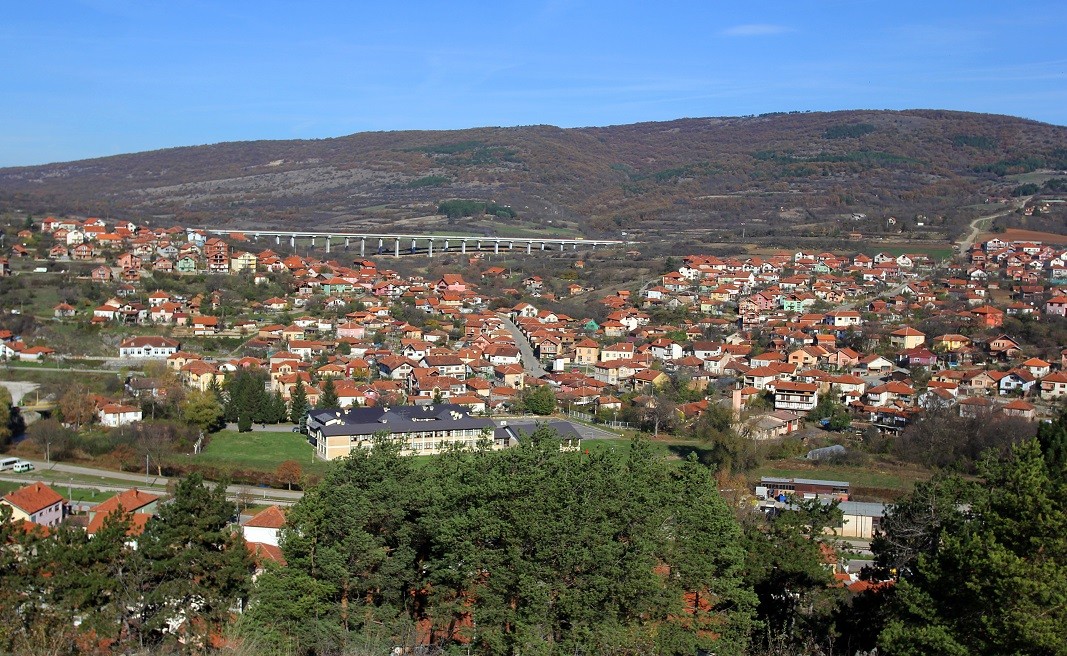In her new book “Towards Caribrod and about it” civil liberties campaigner Zdenka Todorova throws a bridge between past and present with the experience and the memoirs of figures who have played an important role in our history, to make pessimistic observations about the position of the Bulgarian national minority in the Western Outlands (territories ceded by Bulgaria under the Treaty of Neuilly after World War I).
“For thirty years we have been going round and round in a vicious circle and nothing is changing for the better for our compatriots,” Zdenka Todorova says. An expert in the history of the Western Outlands and a prominent public figure among the Bulgarian minority in Serbia, Zdenka believes Bulgaria is still in their debt.

“We do not have a coherent policy towards the Western Outlands,” Zdenka Todorova says in an interview for the BNR. “We need to make an in-depth analysis, and not just with advisers, cabinet ministers, presidents, prime ministers. This analysis must include what Bulgaria wants to do for these people so the region will not be left empty of people. When I was working on my previous book I travelled hundreds of kilometres in these parts – there are no animals, no people, just shuttered houses. In the villages – not a living soul to be seen. And if that is what we see in Caribrod and Bosilegrad then who are we going to leave these lands, these monuments to, who could they benefit since there are no investments for people to be able to survive?”
Zdenka Todorova says Bulgarian politicians only remember our compatriots abroad before elections. “That is such a cliché – how much these people matter,” she adds, and asks the rhetorical question whether anyone in power has ever gone to ask the people in Caribrod, where life was brought to a standstill by Covid-19, how they are getting by, are they able to keep the bond with Bulgaria alive as borders closed.

As to her native town of Caribrod (Dimitrovgrad) she says that after the liberation of Bulgaria (1878) up until the Treaty of Neuilly (1919), it was a typical town of the National Revival era with a sizeable cultural and educational elite, something demonstrated by the characters in her new book:
“It was there that Ivan Vazov wrote the first stanza of his poem “The new graveyard above Slivnitsa” and later recited it to Prince Alexander of Battenberg in a tavern in Pirot, it was there that the writer and the founder of the tourist movement in Bulgaria Aleko Konstantinov took about 100 people to later describe the adventure in a travelogue, it was there that Peter Deunov and Petar Dimkov demonstrated their healing powers with our soldiers.”
Editing by Diana Tsankova
Photos: BGNES, BNRRomania becomes the largest natural gas producer in the EU Romania was the largest natural gas producer in the EU in 2024 and in 2027 the country will double its production thanks to the Neptun Deep project. This was..
The year 2024 was marked by political instability and confrontation - not so much over ideas for solving Bulgaria's long-standing governance puzzle, but rather over personal egos and individual agendas. This turbulent year shaped the political landscape,..
The clock on the facade of the State Puppet Theatre in Stara Zagora has long been a symbol of the city. It was set in motion in 1977 and is unique on the Balkan Peninsula. The theatre recently shared details about the clock on its Facebook page after..

+359 2 9336 661
